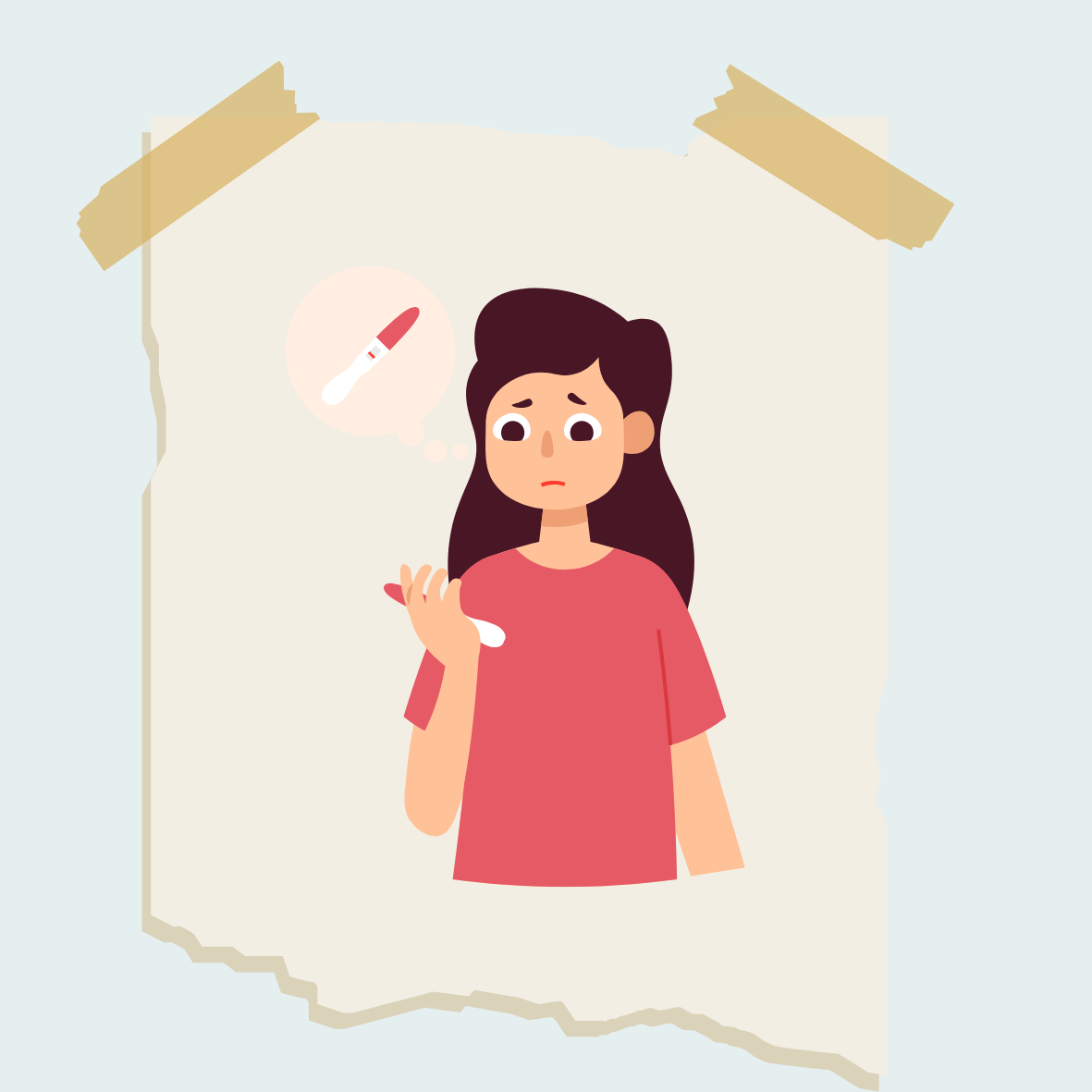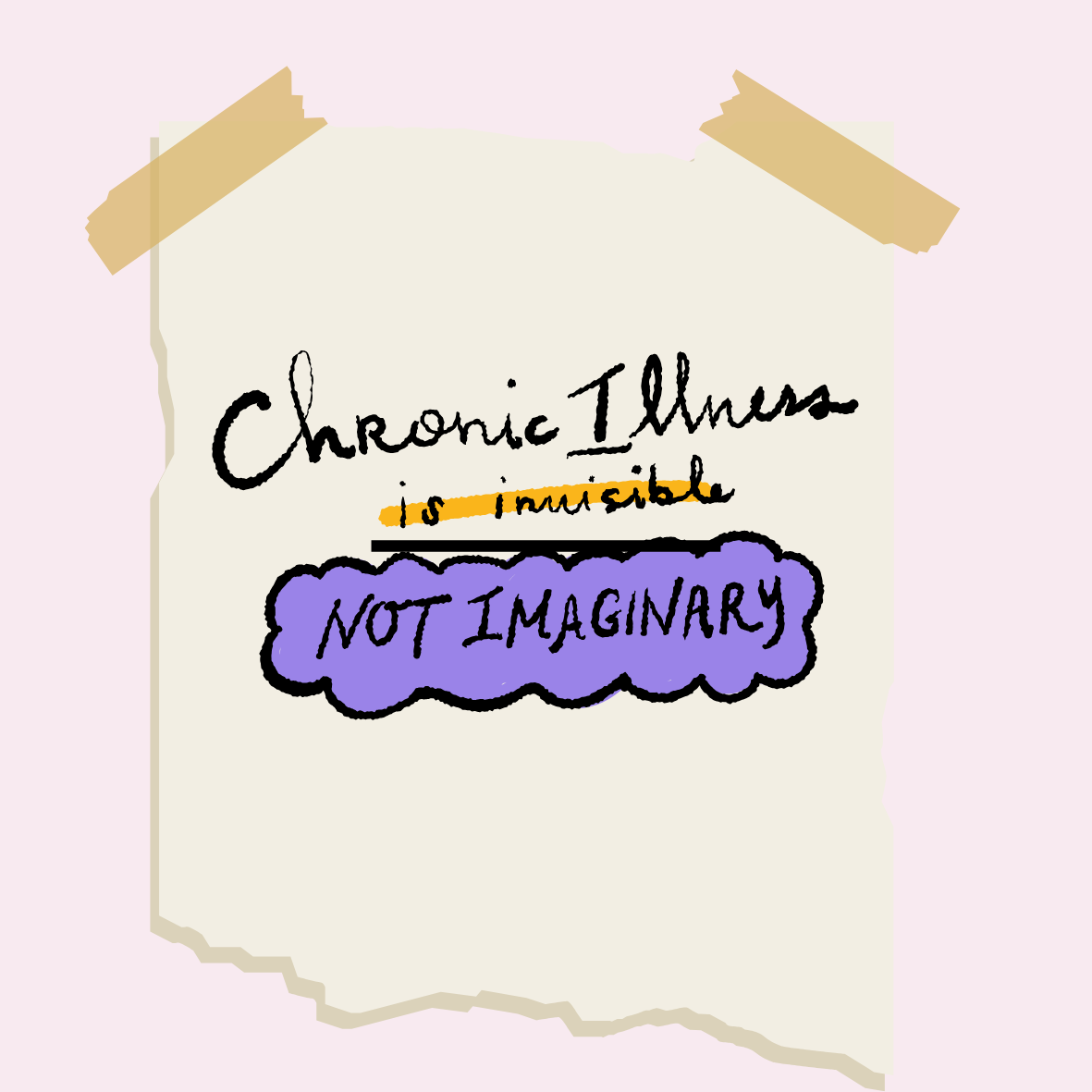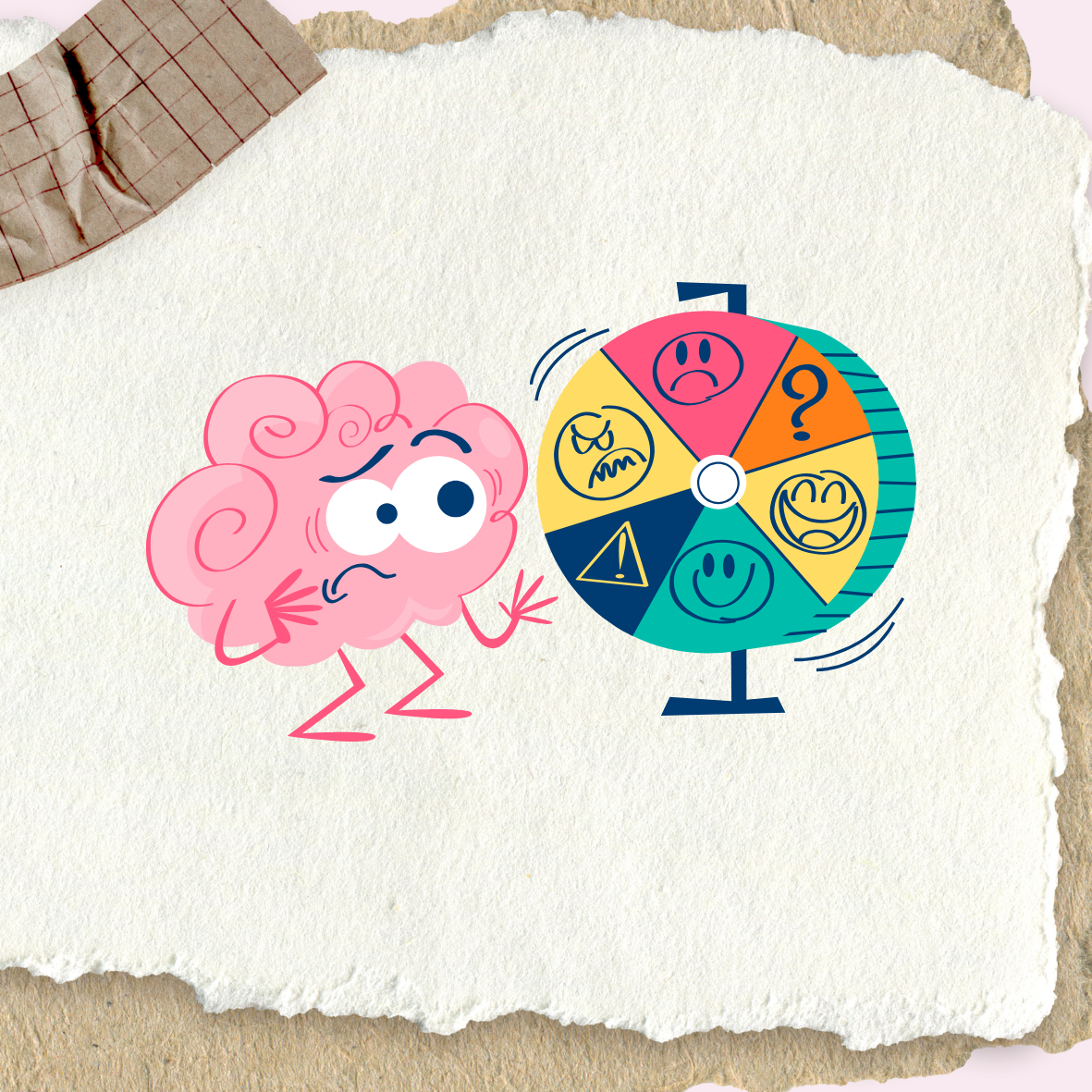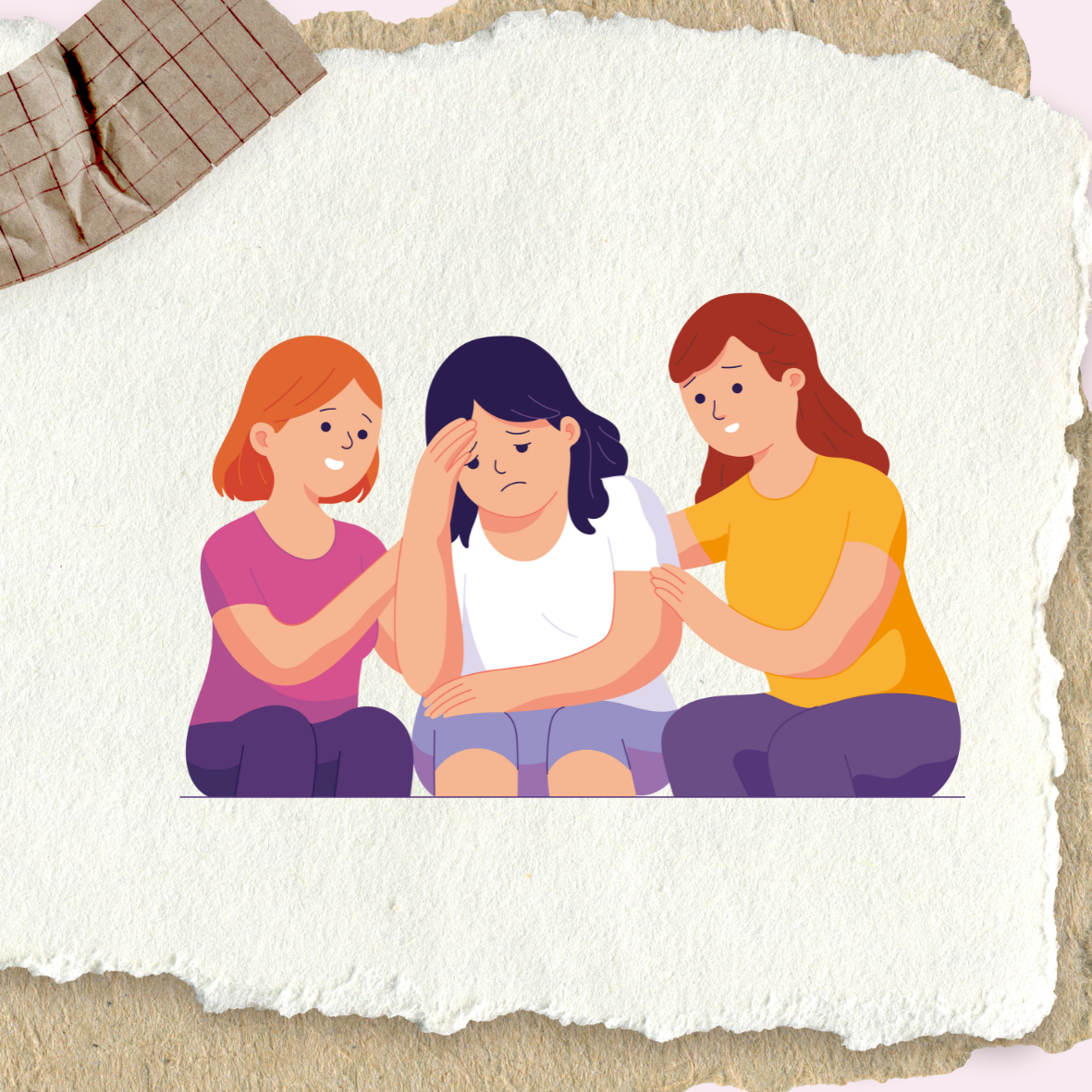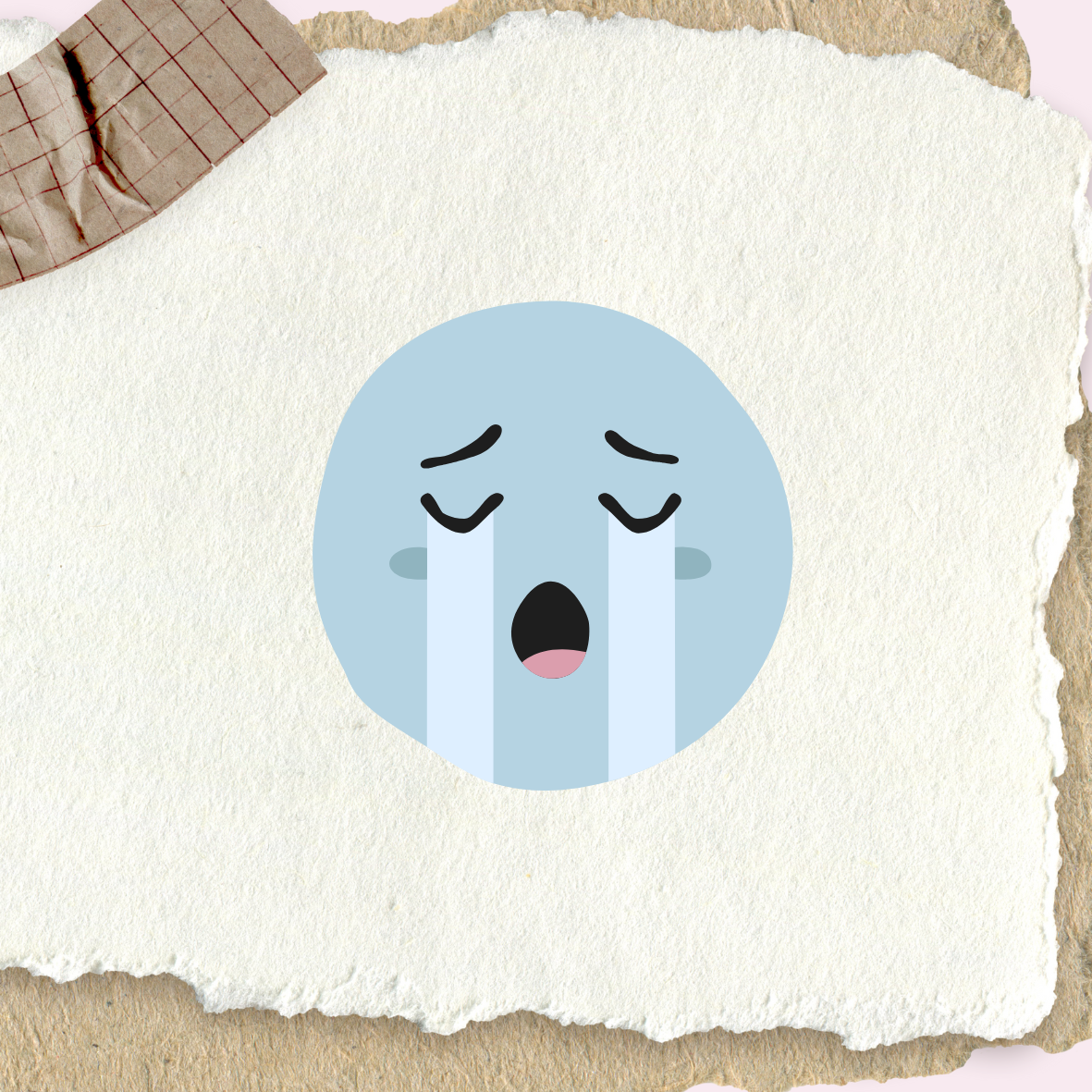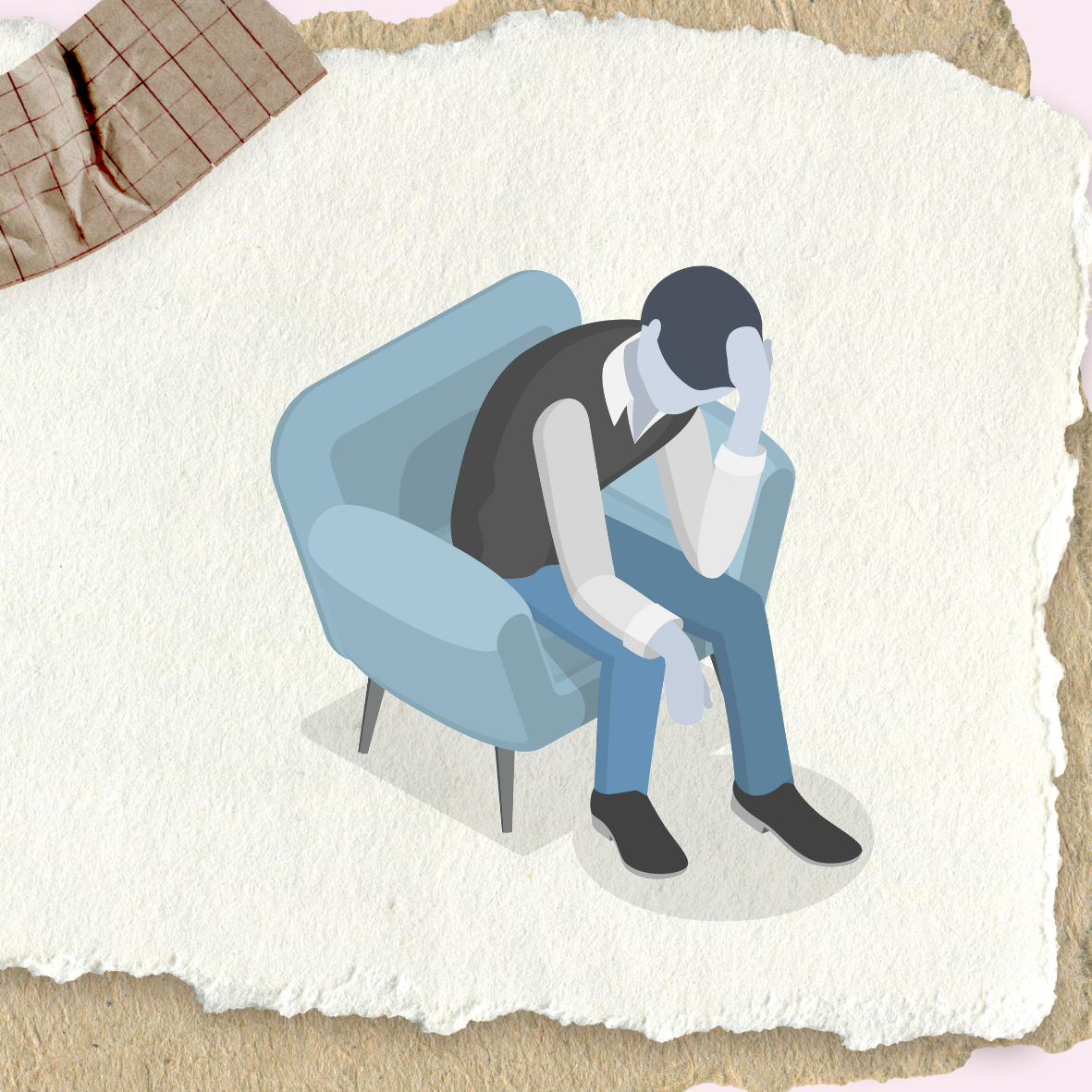
Grief isn't just losing someone. Grief is the loss of anything that matters.
— Oprah Winfrey, The Me You Can’t See
At Anchored Hearts Counselling and Grief Therapy, we acknowledge that everyone experiences grief in different forms at various moments in life, whether it be grief related to a non-death loss and/or death loss.
We believe that it is important to have one’s grief acknowledged and validated in a safe space. With grief counselling as our specialty, it is our hope that we serve as a safe space for your heart to find an anchor to navigate the waves of grief.
The grief in non-death losses are valid even if they occurred in the absence of death, because the experience involves losing something that matters. Therapy provides a safe space for these losses to be acknowledged, processed, validated and integrated into your life story. You may have been impacted by one or more of these losses listed below. This list is not exhaustive. All these losses include a loss of an imagined or desired future. These primary losses have ripple effects of secondary losses which often include a loss of a sense of self, identity, confidence, innocence, meaning, trust, safety, time and relationships.
Breakup of a romantic relationship or friendship, being cheated on, separation/divorce, estrangement from family members, abuse and neglect of all forms.
Inability to have children due to singleness, fertility challenges or any reason which includes loss of dreams, financial loss, identity and relational shifts.
Singleness and childlessness not by choice - this includes a loss of an imagined future, and a sense of isolation from peers of the similar age.
Loss of health (chronic pain, chronic illness, injury, loss of vision/limb, cancer, life-limiting illness), loss of physical abilities, dementia or Alzheimer’s disease.
Moving, inability to afford a home, loss of home and community either voluntarily or involuntarily (e.g. moving to another country/city, including as an immigrant, refugee, international student/worker, asylum seeker, etc.)
Loss of job or change of a job due to various reasons, unemployment, loss of financial security, graduation, retirement.
Loss of properties due to natural disasters (flood, earthquake, tsunami), war and accidents (fire, etc).
Loss of family of origin due to adoption. This includes loss of country and culture of origin, loss of identity and the many other losses that come with adoption.
Common topics in death loss grief therapy.
Many of these emotions and experience can also be common topics in non-death loss grief therapy.
Triggers & Impact of Grief on the Body
Places, sounds, sights, smells, dates.
Impacts of grief on sleep, focus, functioning, appetite & your nervous system
Spirituality, Dreams and Signs
Questions about what happens after death, questions about faith, God, shifts in beliefs, seeing them in dreams
Waves of emotions
Deep sadness, hopelessness, anger, envy, guilt, regret, relief, guilt for feeling relief or moments of joy, yearning, anxiety including fear of more losses
Relationships
Shifts in family relationships and friendships, loneliness, setting boundaries, returning to the workplace
Secondary Losses
Grieving dreams, hoped for future and relationship you could never have if the relationship was complex
Circumstances Around Death
Trauma, replaying death event, flashbacks, nightmares, anger at medical errors
Meaning and Purpose
Shifts in values, feeling lost, empty and demotivated, unanswered questions, shifts in identity and roles
Holidays and Special Dates
Rituals, triggers, honouring the connection with your person
Relationship with Your Person
Stories and memories about them, complex and/or abusive relational dynamics, unfinished business, secrets that came out after death
Stressors around Logistics
Family conflicts, Finances, will, estate, navigating what to do with their belongings, selling their home



